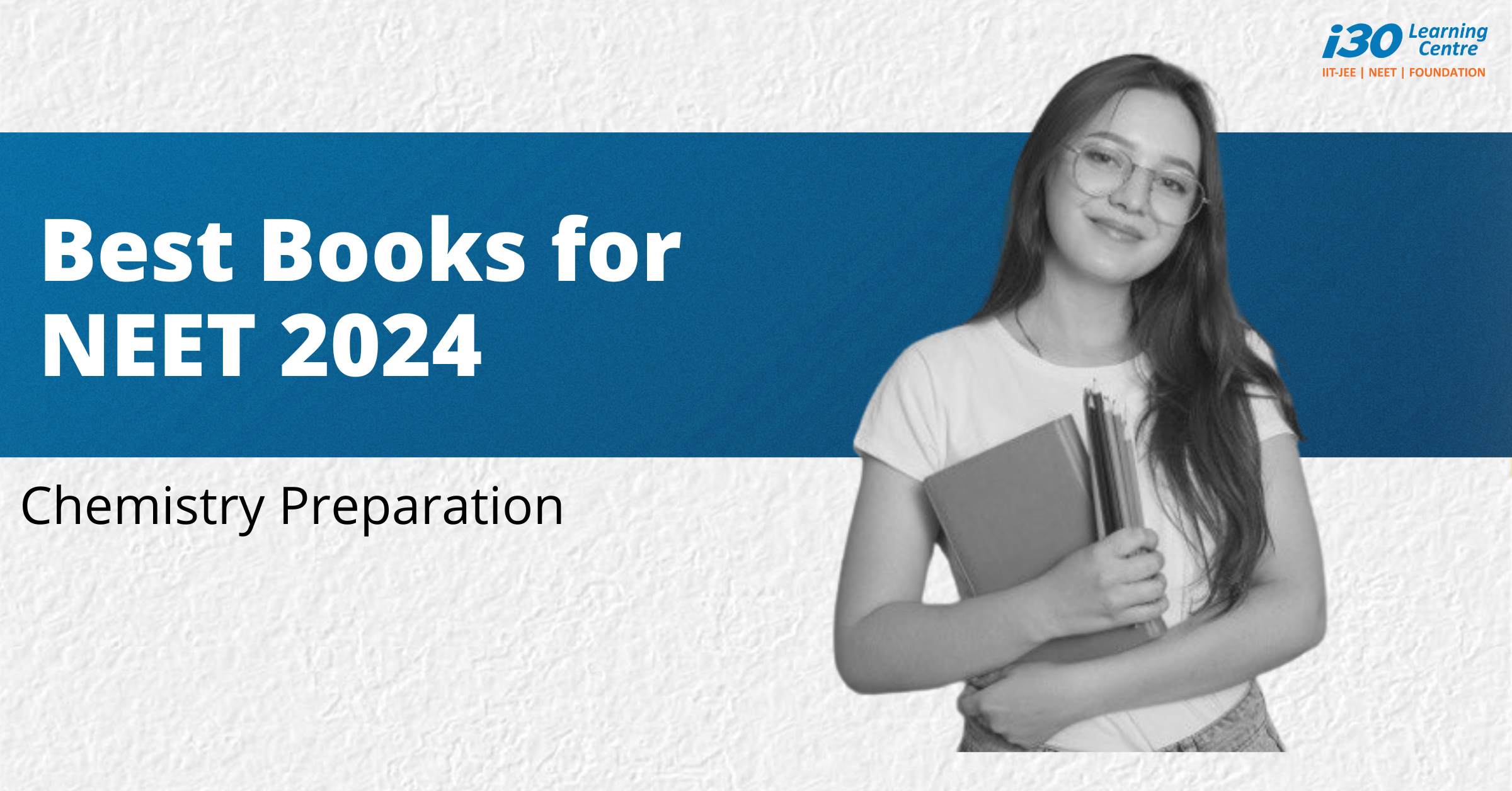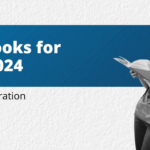Preparing for NEET 2024 requires meticulous planning and the right resources. Among these, choosing the best books for chemistry is crucial. In this guide, we present a curated list of the best books for NEET 2024 chemistry preparation. These recommendations are based on expert insights and first-hand experiences, ensuring you have the most effective study materials at your disposal.
Best Books for NEET 2024 Chemistry Preparation
Chemistry can be challenging, but with the right study materials, you can tackle it successfully. Here are our top recommendations:
1. Organic Chemistry:
Mastering organic chemistry is essential. Consider the following books to build a strong foundation:
- “Organic Chemistry” by Morrison and Boyd
- “Organic Chemistry” by O.P. Tandon
2. Inorganic Chemistry:
Inorganic chemistry concepts are crucial for NEET. These books can help you grasp the subject:
- “Concise Inorganic Chemistry” by J.D. Lee
- “Inorganic Chemistry” by O.P. Tandon
3. Physical Chemistry:
Understanding physical chemistry is vital. These books provide comprehensive coverage:
- “Physical Chemistry” by P. Bahadur
- “Modern Approach to Chemical Calculations” by R.C. Mukherjee
4. NCERT Chemistry Textbooks:
Never underestimate the importance of NCERT books. They form the foundation for your preparation and are highly recommended.
5. Numerical Problem-Solving:
For numerical practice, these books are invaluable:
- “Numerical Chemistry” by P. Bahadur
- “Advanced Problems in Physical Chemistry” by Narendra Avasthi
6. Reference Books:
Expand your knowledge with these reference books:
- “Concise Inorganic Chemistry” by J.D. Lee
- “Advanced Organic Chemistry” by Francis A. Carey
7. Diverse Learning: Video Lectures and Online Resources
Supplement your reading with online video lectures and resources, like Khan Academy, Coursera, and YouTube tutorials.
8. Mock Tests and Practice Papers:
To excel in NEET chemistry, practice is key. Use mock tests and practice papers like those from Arihant and MTG.
9. Previous Years’ Question Papers:
Solving previous years’ question papers gives you insight into the exam pattern and helps identify important topics.
10. Study Groups and Discussion Forums:
Engage in study groups and online forums to exchange ideas, discuss doubts, and gain new perspectives.
11. Time Management and Study Strategies:
Learn effective time management techniques and study strategies from books like “The Power of Habit” by Charles Duhigg.
12. Building Concept Maps:
“Mind Maps for Chemistry” by Dr. Praveen Kumar is an excellent guide to creating concept maps for better understanding.
13. Periodic Table:
For quick reference, use pocket-sized periodic tables like “Concise Inorganic Chemistry” by Sudarsan Guha.
14. Chemistry Olympiad Books:
Challenge yourself with advanced problem-solving using books recommended for the Chemistry Olympiad.
15. Quick Revision Guides:
Handy revision guides like “40 Days Chemistry for NEET” can be your last-minute saviors.
16. Exploring Case Studies:
“Chemistry in Everyday Life” by K. Mangala Sunder can help you understand the real-world applications of chemistry.
17. Laboratory Manual:
A practical approach is crucial. Refer to laboratory manuals for hands-on experience.
18. Memorable Mnemonics:
Mnemonics from “A Handbook of Chemistry” by Arihant Publications aid in quick recall of complex concepts.
19. Study Smart, Not Hard:
“Atomic Habits” by James Clear offers valuable insights on how to make your study routine more efficient.
20. Personalized Notes:
Create concise and effective notes for quick revision, as recommended in “How to Take Smart Notes” by Sönke Ahrens.
21. Strengthening Fundamentals:
“Chemistry: The Central Science” by Theodore L. Brown provides a comprehensive understanding of core concepts.
22. Visual Learning:
“Chemistry: Concepts and Problems” by Clifford C. Houk includes diagrams and visuals to aid visual learners.
23. Chemistry Journals:
Refer to reputable chemistry journals to stay updated with the latest advancements.
24. Incorporating Real-Life Examples:
“Chemistry: The Molecular Nature of Matter and Change” by Martin Silberberg connects theory with practical examples.
25. Continuous Self-Assessment:
“Chemistry for NEET” by Seema Saini includes chapter-wise assessments to track your progress.
FAQs
Q: How can I choose the best books for NEET chemistry preparation?
Consider your strengths, learning style, and exam syllabus. Look for comprehensive content, practice problems, and positive reviews.
Are NCERT books sufficient for NEET chemistry?
NCERT books are a foundation, but supplement them with reference books and practice materials for thorough preparation.
Can online resources replace textbooks?
Online resources complement textbooks, offering interactive learning, video lectures, and additional practice.
What’s the importance of solving previous years’ papers?
Solving previous years’ papers helps you understand the exam pattern, assess your preparation, and identify weak areas.
How do study groups enhance preparation?
Study groups provide diverse perspectives, shared notes, and collaborative learning, fostering a deeper understanding of concepts.
Is it necessary to join coaching for NEET chemistry?
While coaching can be helpful, self-study with the right resources and a disciplined routine can also lead to success.
Conclusion
Choosing the best books for NEET 2024 chemistry preparation is a significant step toward your success. By following expert recommendations and utilizing a combination of resources, you can build a strong foundation and excel in your exams. Remember, consistent effort, effective study strategies, and a positive mindset are key to achieving your goals.



